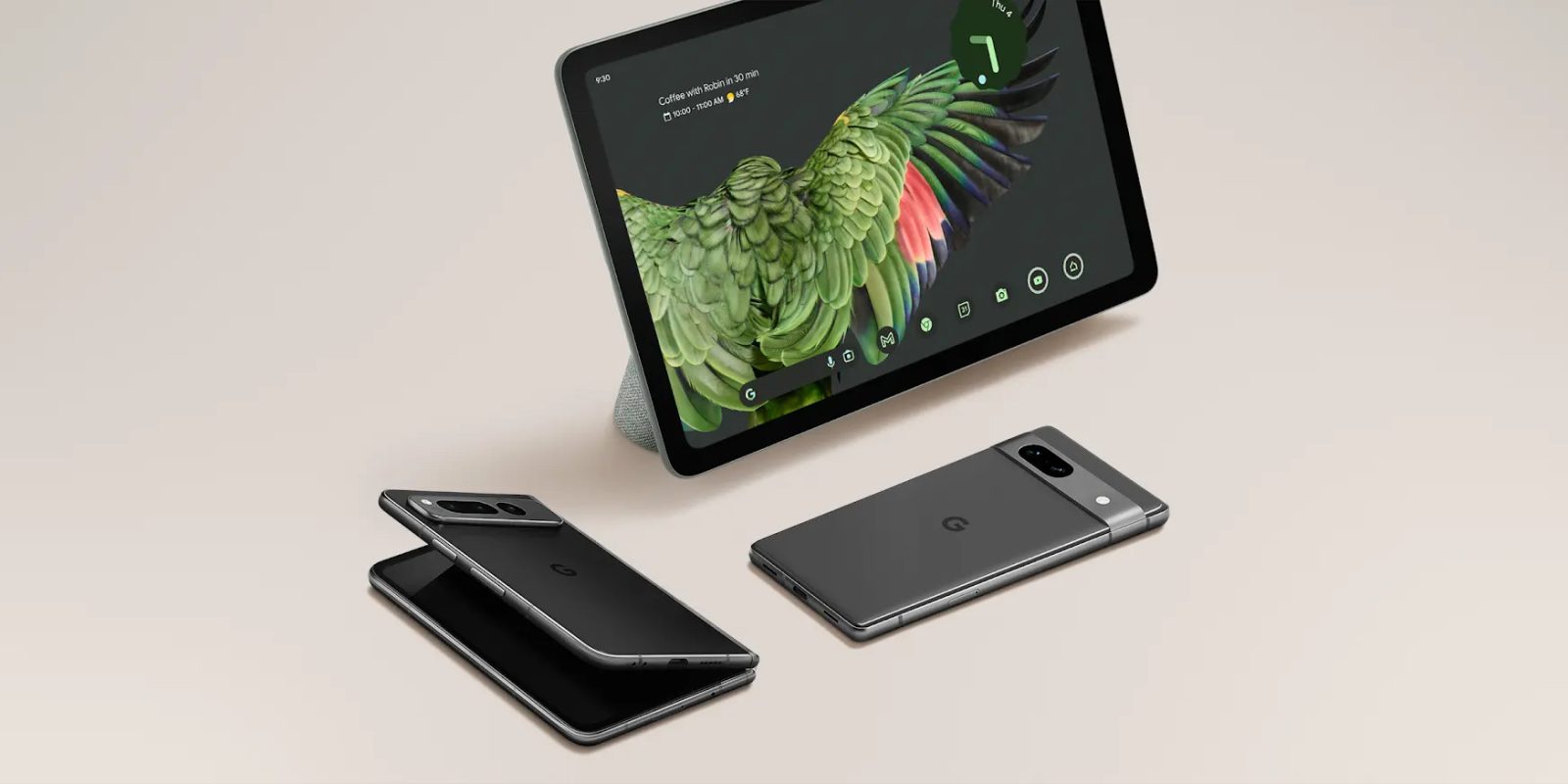
One of my continued takeaways with the Pixel Fold is that you can feel how many iterations — three by our count — it underwent before launch. Additional development time leads to better products, and I wonder what would happen if that was applied to flagship phones (Pixel 6, 7, 8, etc).
9to5Google has a rebooted newsletter that highlights the biggest Google stories with added commentary and other tidbits. Sign up to get it early in your inbox, or continue reading 9to5Google Log Out below:
In theory, longer cycles allow for better designs that could go through more versions and then extended testing. There would also be more time for hardware and software features to become more refined. It would hopefully avoid seemingly questionable capabilities being included for the sake of needing a hero feature every year.
The benefits of better hardware with more well-thought-out features for customers are obvious, and could ultimately give a Pixel an improved sense of reliability and stability. While the average buyer doesn’t upgrade their phone every year, extended cycles should lead to better products every time they decide to make a purchase, which would also be the case for those that are currently yearly buyers. Then there’s the cost savings of buying two phones instead of three over a comparable period.
While I’m not against two-year product cycles, that might be too long if Google is the lone OEM to implement a new schedule. The compromise might be 18 months, though that would lead to new phones not being released at the same time in the year, which could be the first downside.
Google very much wants to take advantage of the holiday season in announcing its phones every fall. Every other generation’s launch could remain in the busy shopping season, but others would land around April or May, with Google presumably just using I/O as the announcement venue. That would put a Pixel after the Samsung Galaxy flagships released towards the start of the year and a few months before the latest Z foldables, as well as the iPhone. The company also has experience with mid-year launches thanks to the A-series, but the issue would be changing consumer expectations and getting them to wait a little bit more for the latest generation.
Launch timing, of course, has an impact on specifications – or rather, their perception and standing in the competitive landscape.
Since the series’ inception, Pixel phones have launched at the tail end of the yearly processor cycle. At the start, the Snapdragon chip used would no longer be the latest after two or so months, while Tensor still remains in the same chip generation as Qualcomm. Maybe that changes when Google switches to TSMC around the Pixel 10. In terms of OS, major Android releases don’t really need to be showcased on new hardware, and that hasn’t been the case in recent years. So that’s not a particularly big issue.
The flagship phones switching to a new product cycle doesn’t have to impact other products in the lineup. Google could very well still have a fall hardware event every year where other launches get center stage. Foldables, which I already feel are headed for a non-yearly product cycle, could be staggered to arrive when there isn’t a flagship phone launch. Other things that could also take that spot are tablets and watches, with both also being prime candidates for longer cycles once their specs are a bit more mature.
From 9to5Google
Google rolling out Android 14 Beta 5 to Pixel
Big Gboard 13.3 update preps stylus handwriting, mini voice typing UI, gen AI stickers, more
At a Glance complication disappears from Pixel Watch
Review: Galaxy Z Fold 5 is as good as this foldable can get
Galaxy Watch 6 Review: The same Wear OS story gets retold
Here’s everything new in Samsung’s Android 14 update [Gallery]
Google appears to be readying an AI writing tool for ChromeOS
What (else) is happening
The Motorola ThinkPhone can now stream an entire Windows computer
YouTube Shorts will block links because spammers ruin everything good
Google Account switcher on web gets larger Material You redesign
Google rolls out ‘Unknown tracker alerts’ on Android – Here’s how to check
Top comment by Austin
I think ALL phones and manufacturers should move to a non-yearly cycle. Our tech doesn't advance as much as it used to, and all it does is encourage weak-willed people into upgrading every year or two.
Of course, this will never happen, because capitalism.
Pixel 8 Pro promo video leaks ‘Audio Magic Eraser’ and light blue color
From the rest of 9to5
9to5Mac: Disney announces price hike for Disney+ and Hulu, crackdown on password sharing
9to5Toys: LEGO officially reveals new 2,083-piece Concorde set taking off in September
Electrek: A close look at Tesla Cybertruck’s monster wheels
FTC: We use income earning auto affiliate links. More.
Comments